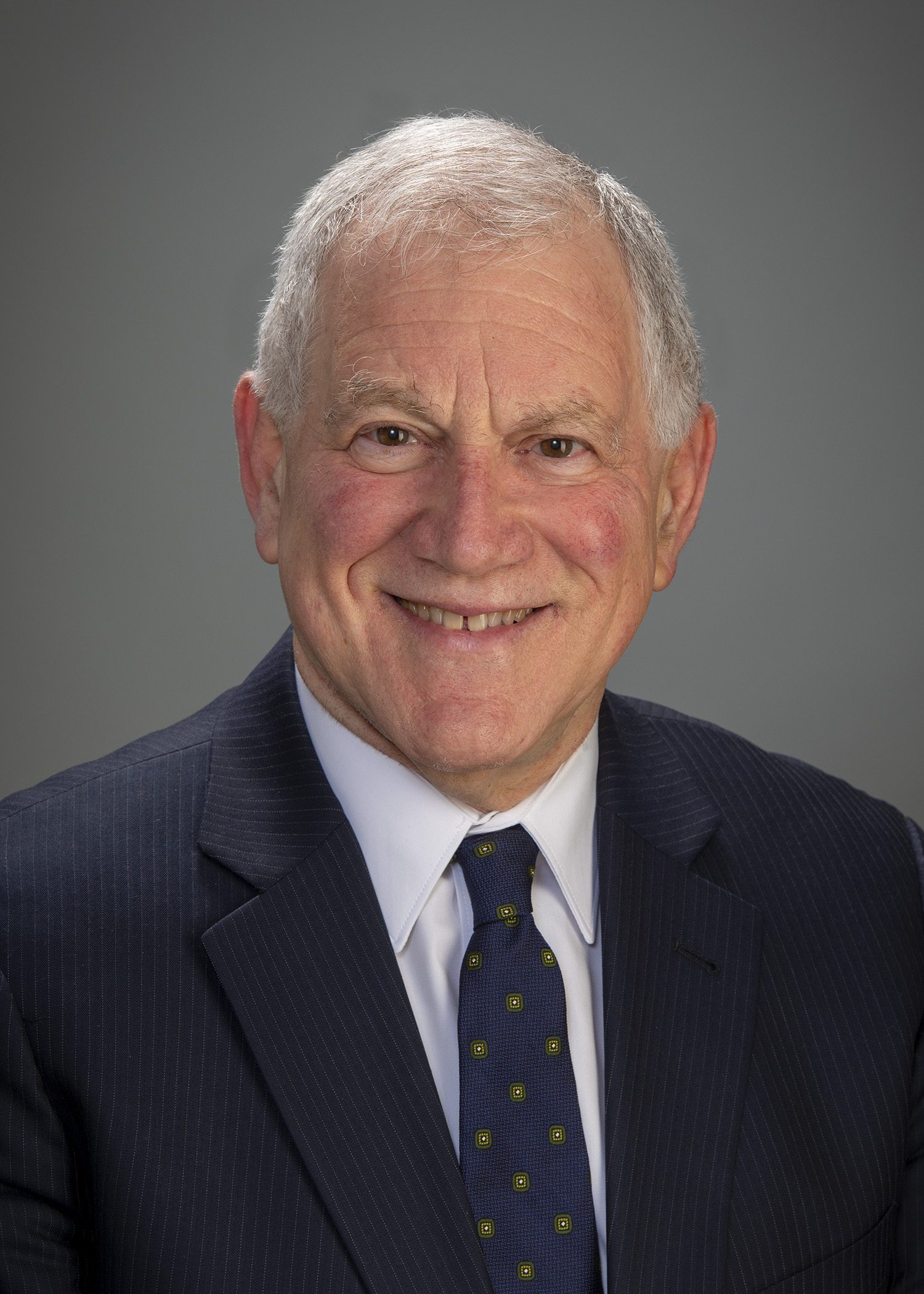NYSBA proposes constitutional amendment to reform NY gubernatorial succession
High-profile legal minds gather to discuss closing gaps in democracy for New York’s second-highest office

Photo courtesy of the NYSBA
Legal scholars, politicians and former officials are calling into question the democratic integrity of New York State’s current approach to gubernatorial succession.
On Nov. 1, the New York State Bar Association (NYSBA) will hold a forum featuring eminent minds like former Gov. David Paterson and Fordham Law School Dean Emeritus John Feerick. The purpose is to discuss amending the state constitution to establish a transparent and democratically vetted process for gubernatorial succession and lieutenant governor appointments.
The call for change gains traction in the wake of the indictment and resignation of Lt. Gov. Brian Benjamin earlier this year. His successor, Antonio Delgado, was also unilaterally appointed by Gov. Kathy Hochul without legislative oversight.